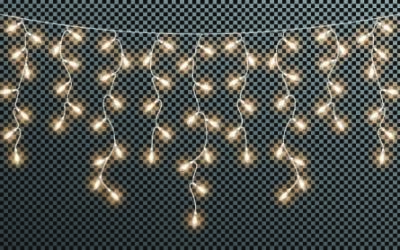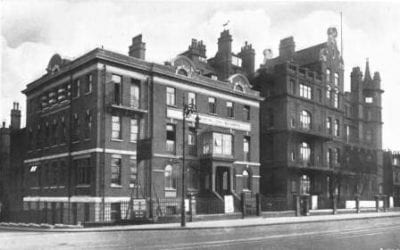A helpful blog on Christmas light electrical safety- including tips on stopping your cat from peeing on the Xmas tree.
That time of year is creeping up fast again, and we all know we have to get quite a lot of shopping, decorating cooking and celebrating packed into our busy schedules before December the 25th arrives. Christmas electrical lights are quite often overlooked until the tree comes out.
This article is aimed at refreshing electrical knowledge which can be applied to the home and work. It isn’t about banning the use of electrical items at Xmas, but it does highlight a few precautions you should think about Christmas light electrical safety.
So let’s begin,
Unless you have lived in a cave with no human contact for the past 50 years (without electric,) you’ll know that electricity is dangerous. It can cause fire and electric shock- both of which can result in killing a person. If you don’t know that, then you have learnt something new just by reading these first few paragraphs. Here are typical electrical hazards at Christmas that you need to be aware of.
Electrical Lights
Do you remember this? I have fond memories as a kid, or not so fond; of my parents getting the Christmas tree decorations out of the loft and putting up the tree and decorating it; then the magic moment came, and the front room lights ere dimmed, and my Dad would switch on the plug to light the tree lights, and nothing happening. This would then be followed by us sitting there for a few hours twisting each bulb in its fitting along the wire until the loose one made a connection and they all lit up. When I asked my parents about this, and why they didn’t get new lights instead of torturing us with tightening them up, they explained lights were a lot more expensive back then.
Nowadays, it is the smarter and safer things to just replace them with a safer alternative.
Helpful safety tips
- Modern Christmas lights have been made safer, but everyone still needs to take care. Here are some helpful tips.
- Read the manufacturers instructions if you still have them.
- Buy the lights from a reputable supplier, do not go for cheap mains powered lighting from unknown sources because they probably are not up to UK safety standards.
- Make sure they have the British Kite Mark on them.
- Avoid overloading sockets and extension leads, and definitely, do not plug extension leads into each other.
- Check if they’re damaged if they’ve been shoved n a box in the loft since last Christmas.
- If they’re damaged, such as been chewed, damage to the cables, bulbs or plug or they have got damp while in storage, appropriately recycle them and buy some new ones.
- Only have them repaired by someone who knows what they are doing, e.g. replacing fuses with the correct type.
- Switch the lights off before you go to bed.
- Use a surge proof adapter.
- If you have a real Christmas tree, don’t place the cables near to the soil or get the cables wet when watering it.
- Don’t place presents on top of the wires, and check the wires are not overheating regularly.
- Don’t replace the bulbs while they are plugged into the mains.
- If you’re putting up external lights, make sure they have the correct IP rating for outdoor use, and I hope you’re not mad enough to put them up in wet weather conditions.
- Buy battery operated lights where possible or LEDs. LED lights are a lot safer than traditional filament lights because they operate at a lower voltage. They also produce less heat and use a lot less electricity.
- Don’t let you cat wee under the tree- especially when the lights are on. If anyone has a cat and a real Christmas tree you will know what I’m saying. You can spray citronella around the tree (away from the electrical supply.) They really don’t like it and will hopefully realise you have not bought them a new toilet for Christmas.
On that happy and gross note, have an excellent and beautifully lit Christmas.





